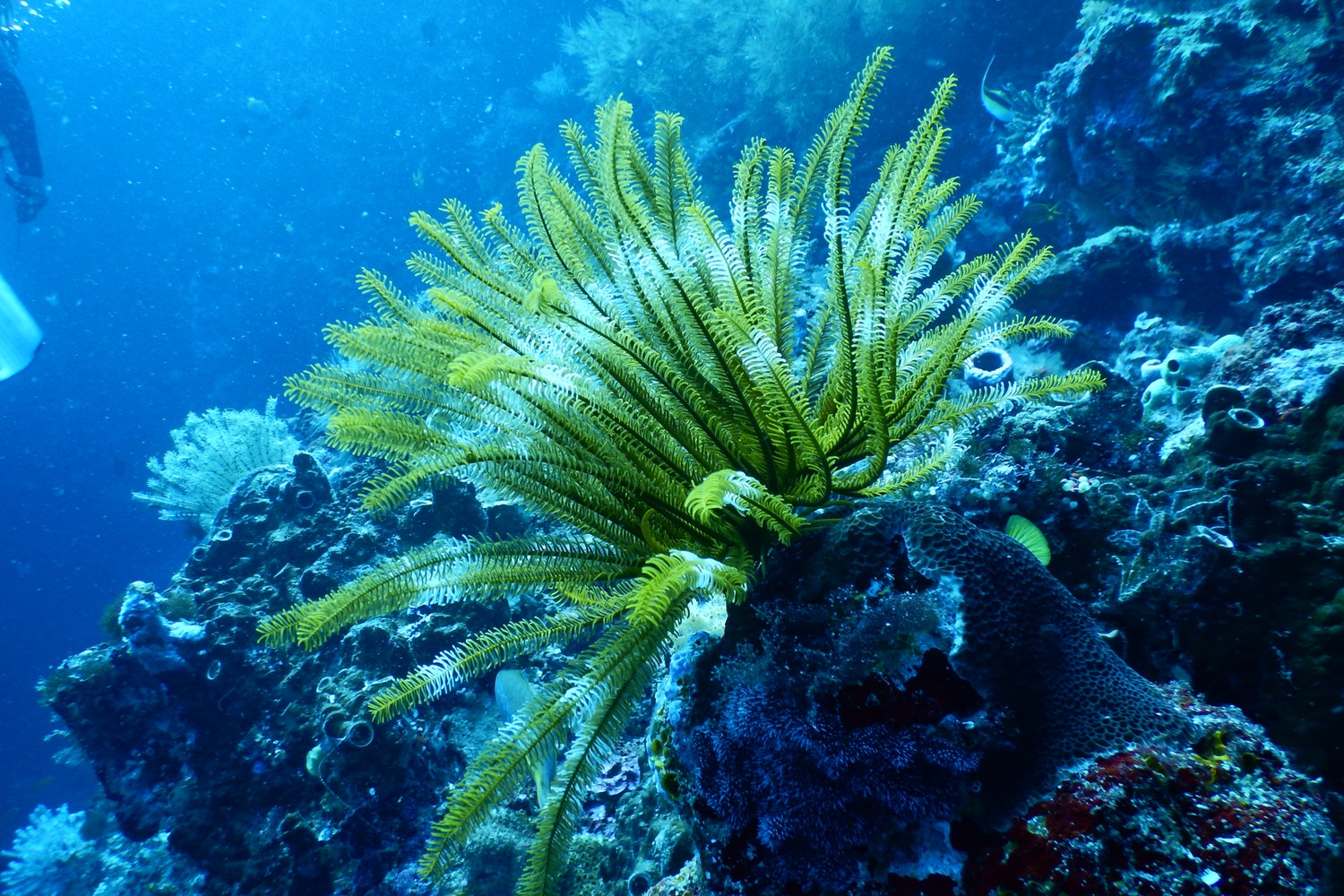Coral Vita Wants to Save Coral Reefs

As the ocean changes and becomes more polluted, it seems like there’s never much good news about coral reefs. Amidst countless reports of dying and deteriorating reefs, it can feel like there’s nothing anyone can do to save them. Things are not a bleak as they may seem, however, and Coral Vita is providing some hope for the future of coral reefs.
Coral Vita is a startup company that aims to restore deteriorating and dying coral reefs. In order to do this, the company grows diverse and resilient types of coral outside of the ocean and then transplants them into the reefs. Each type of coral is native to the area, and special growing methods mean the coral is able to be grown faster than it is typically grown. Each time Coral Vita looks to restore a reef, they follow a five-step process.
The Process
- The team goes to a reef and assesses its condition, as well as the conditions of the water around it. Each situation is unique, so it’s important to know as much as possible about whichever reef they are working on.
- They create a plan. Using the data they obtained, Coral Vita decides which corals they should use, how many are needed, and where they should put each type, for the best results.
- In a land-based farm, the corals are grown to be strong, healthy, and able to survive in the potentially harsh conditions that exist around the reef.
- Once they are mature enough, the coral is transplanted into the reef.
- After they are placed in the reef, the company goes back and monitors the success of the corals. They note if the corals are doing well, if they have grown sufficiently, and whether the overall health of the reef has improved or not.
Why it MattersCurrently, over one-third of the world’s coral reefs have died. Dramatic environmental changes have lead to coral bleaching, in which reefs lose their color, begin to deteriorate and typically die. Things like changing water temperatures and pollution mean that it’s likely there will be an even greater decrease in coral reefs, in the future. By 2050, seventy-five percent of the world’s coral reefs could be gone.
Coral reefs promote diversity in the ocean and can play an important role in the tropical tourism industry. They protect land from rising sea levels, and they are home to many types of fish that humans consume. Some coral has also been found to have medicinal qualities. When coral reefs die, it can have a severe impact on the environment around it. Losing coral reefs can mean a loss of resources and the possible extinction of certain types of marine life.
Who They AreGator Halpern and Sam Teicher founded Coral Vita because of a shared interest in creating business solutions for environmental challenges. The two both attended Yale, where they received degrees in environmental management and entered the Yale Entrepreneurship Institute's Venture Creation Program.
The two reached out to scientist, David Vaughan, who was in the Florida Keys, developing a way to make coral grow faster. They offered to find a way to help commercialize his techniques, and he agreed to be an advisor for them. Later scientist, Ruth Gates, also came aboard and served as another advisor.
Halpern and Teicher worked on the business aspect of things, while the two scientists worked on the science part of things. There is also Chief Science Officer, Stephen Ranson, who leads restoration and research efforts for Coral Vita.
Goals for the FutureWhile Coral Vita does the best that it can to save dying and deteriorating reefs, dead ones cannot be brought back to life. While working with reefs and using sustainable corals to help them grow again may make a difference, it won’t stop all coral reefs from dying. Coral reefs can only truly be preserved when humans stop killing them.
Coral Vita constantly promotes environmentally friendly solutions to companies, and they hope that their land-based coral farms will enable people to have access to coral, to restore any deteriorating reefs in their area. Coral Vita is mission-driven and hopes to inspire a new generation to work towards protecting and restoring coral reefs.
Fyxes
Thoughts, stories and ideas.




